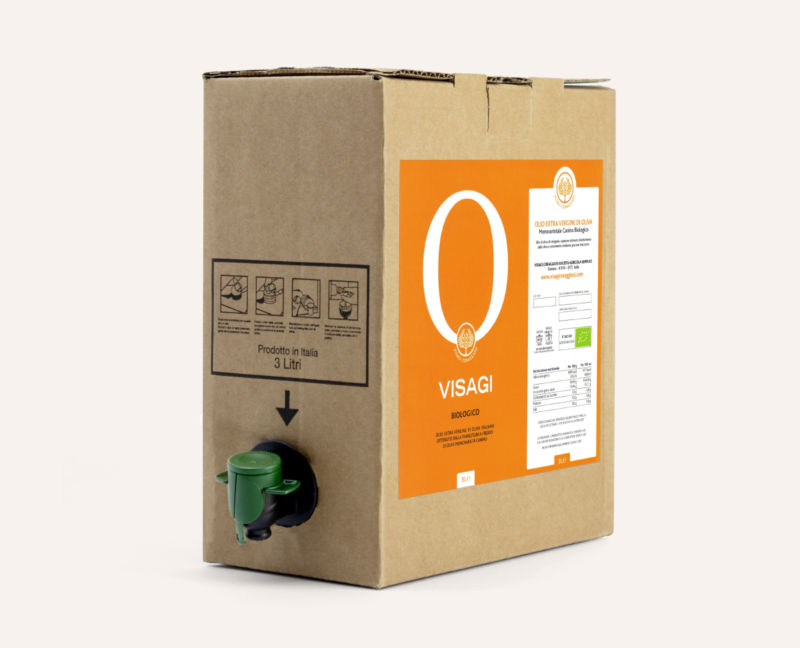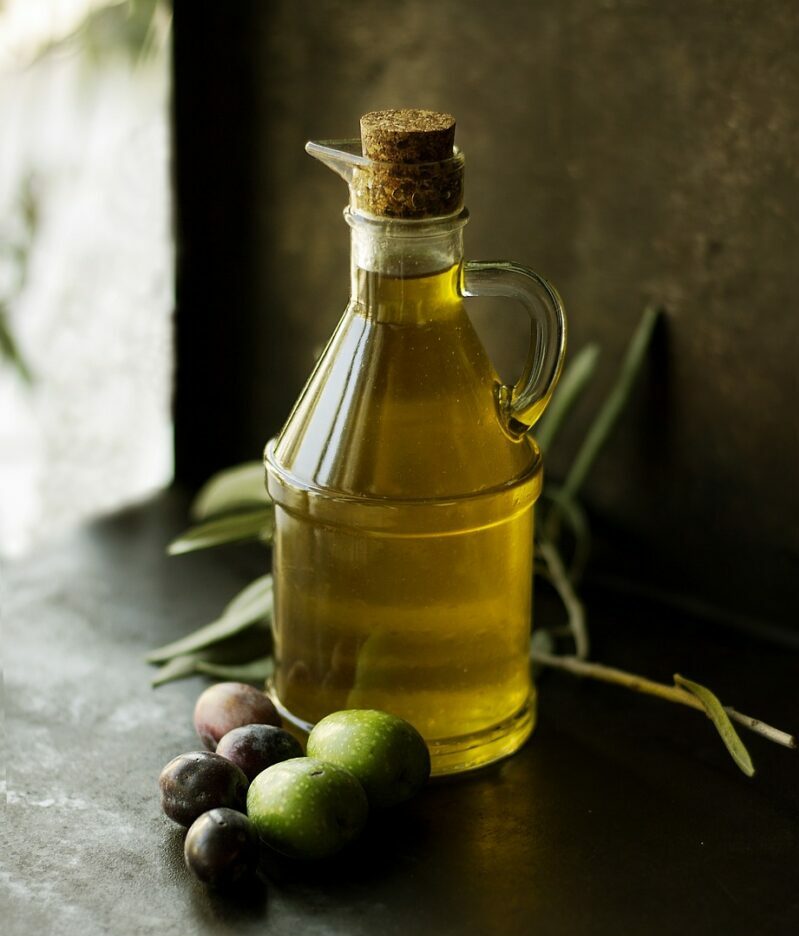
How to store extra virgin olive oil at home? All you need to know
Extra virgin olive oil is one of the basic ingredients of Mediterranean cuisine, prized for its rich flavour and beneficial properties. However, to keep these qualities intact, it is essential to store it correctly. In this article, we will guide you through everything you need to know to best store your extra virgin olive oil at home.
1. The importance of proper storage
Extra virgin olive oil is a natural product that can degrade when exposed to light, heat and oxygen. Improper storage can lead to:
- Loss of flavour: The oil can become rancid, losing its fresh, fruity taste.
- Decrease in beneficial properties: Antioxidants and vitamins in the oil may degrade.
- Colour alteration: The oil may lose its characteristic golden green colour.
2. Advice on proper storage
Avoid direct light
- Why? Light, particularly ultraviolet light, can degrade the oil and reduce its quality. Exposure to light can accelerate oxidation of the oil, altering its organoleptic profile and reducing its shelf life.
- How? Store oil in dark bottles or cans and keep it away from direct sunlight or intense light sources. If possible, store bottles in a larder or closed cupboard, away from windows.
Maintain a constant temperature
- Why? High temperatures or temperature fluctuations can accelerateoxidation of the oil. Olive oil stored at too high a temperature can lose its beneficial properties and distinctive flavour.
- How? Store the oil in a cool place, away from heat sources such as cookers or radiators. The ideal temperature is between 14°C and 18°C. If you live in a particularly hot climate, you might consider storing the oil in a cellar or similar place.
Limit exposure to oxygen
- Why? Oxygen can react with oil, causing oxidation and spoilage. This process can render the oil rancid, compromising its flavour and nutritional properties.
- How? Use bottles with screw caps or metering spouts that limit the entry of air. Once the bottle is opened, try to use the oil within a few months and, if possible, use small containers to limit exposure to air.
Avoid humidity
- Why? Water can contaminate oil and encourage the growth of micro-organisms. Even a small amount of water can alter the quality of the oil and reduce its lifespan.
- How? Avoid storing oil in damp places such as near sinks or windows. Make sure that the bottle cap is always tightly closed and, if you use a dispensing spout, make sure it is always dry before pouring in the oil.
Stock rotation
- Why? As with all foodstuffs, olive oil has a limited shelf life. Using older bottles first ensures that the oil is consumed while it is still fresh.
- How? When buying new oil, place the older bottles in front so that you use them first. This simple habit can make a big difference in the quality of the oil you use.
3. Choosing a container

Selecting the right container to store extra virgin olive oil is crucial to maintaining its quality. The material, shape and size of the container can directly influence the durability and properties of the oil.
Dark bottles:
- Why? Dark glass bottles offer optimal protection against light, which can accelerate oxidation of the oil and alter its flavour.
- How? Select amber or dark green glass bottles. These colours filter the light, protecting the oil from ultraviolet rays.
Cans:
- Why? Metal cans, particularly those coated on the inside, offer complete protection from light and are ideal for storing large quantities of oil.
- How? Make sure the cans are internally coated to avoid any reaction between the oil and the metal. Also, once opened, try to use the oil relatively quickly or transfer it to a smaller container to limit exposure to oxygen.
Bag in Box:
- Why? Bag in Boxes are an excellent choice for storing extra virgin olive oil. These containers, made of excellent quality materials, offer a highly effective solution, especially when you need to store larger quantities of oil.
- How? The ‘Bag in Box’ consists of a flexible bag sealed inside a strong box. This airtight design minimises oxidation, keeping the oil fresh for longer. In addition, it is easy to use: simply press the tap to pour the desired amount of oil without having to open the main container. It is a practical and efficient option for storing extra virgin olive oil, ensuring that it stays fresh and tasty whenever you need it.
Avoids plastic:
- Why? Some types of plastic can interact with oil, altering its taste. Furthermore, plastic does not offer adequate protection from light.
- How? If you must use plastic containers, make sure they are specifically designed for oil storage and are dark in colour. However, for long-term storage, glass or metal are always the best options.
Container size:
- Why? The size of the container can influence the amount of air the oil is exposed to. Less air means less oxidation.
- How? If you consume large quantities of oil in a short time, larger containers may be suitable. However, for everyday household use, it is advisable to use smaller bottles or cans so that the oil is consumed more quickly once the container is opened.
Tight caps and closures:
- Why? A well-sealed cap prevents the entry of air and impurities, both of which can degrade oil.
- How? Choose containers with screw caps or airtight closures. If you use dispensing spouts, make sure they have a closure to protect the oil when not in use.
4. Check the expiry date
Even if stored correctly, extra virgin olive oil has a limited shelf life. Always check the expiry date and try to use the oil within that period.
Conclusion
Storingextra virgin olive oil may seem like a simple task, but by paying attention to these details, you will ensure that your oil retains its flavour, colour and beneficial properties for as long as possible. Remember that good quality oil, such as that produced with passion and dedication, deserves to be treated with care.

